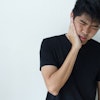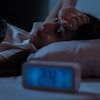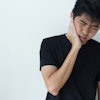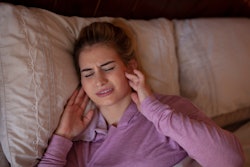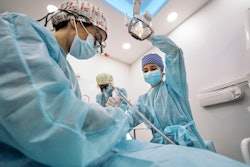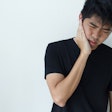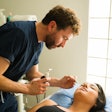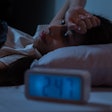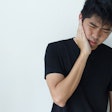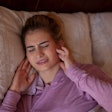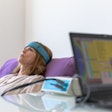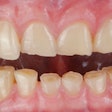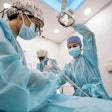In patients with temporomandibular disorder (TMD), factors such as age, stress, and hormonal imbalances may be associated with an increased risk of sleep bruxism (SB). This study was recently published in Scientific Reports.
Moreover, SB may be linked to patients with TMD who are under 50 years old, show signs of psychological distress, and have elevated levels of cortisol and adrenocorticotropic hormone (ACTH), the authors wrote.
“These findings underscore the importance of comprehensive, multidimensional assessment in patients with TMD, particularly in those suspected of having SB,” wrote the authors, led by Yeon-Hee Lee of the Harvard Medical School Massachusetts General Hospital (Sci Rep, May 31, 2025, Vol. 15, 19148).
The study, conducted from January 2020 to May 2024, included 79 adult patients with TMD pain who were divided into two groups: TMD with bruxism and TMD without bruxism, based on the presence or absence of SB. Participants underwent evaluations involving clinical exams, symptom questionnaires, and an oral behavior checklist.
TMD diagnoses were independently confirmed, and the presence of SB was assessed through self-reported symptoms and visual signs of tooth wear. Psychological stress was evaluated using questions about recent mental strain. Additionally, blood samples were collected midmorning to assess hematological and hormonal markers, including cortisol, ACTH, and cortisol awakening response, they wrote.
Increasing age was linked to a lower likelihood of sleep bruxism, with a significant cutoff at age 50 (odds ratio [OR] = 0.905; p = 0.006; area under the curve [AUC] = 0.259; 95% confidence interval [CI], 0.149 to 0.368; p = 0.024). Additionally, the TMD with bruxism group had significantly higher scores on the SCL-90-R for interpersonal sensitivity (49.03 ± 8.65 vs. 43.47 ± 10.68, p = 0.014), depression (48.59 ± 9.65 vs. 43.45 ± 10.32, p = 0.026), and anxiety (50.94 ± 13.47 vs. 43.72 ± 9.65, p = 0.003), they wrote.
Furthermore, cortisol levels were significantly higher in those with bruxism (7.64 ± 10.47 µg/dL) than those who didn’t grind their teeth (4.98 ± 5.05 µg/dL, p = 0.022). Also, ACTH levels were elevated in patients with bruxism (37.23 ± 21.49 vs. 21.39 ± 22.69 pg/ml, p = 0.004) as was the cortisol/ACTH ratio (24.78 ± 26.29 vs. 13.12 ± 13.54, p = 0.014).
The study, however, had limitations, including its small sample size. A larger multicenter follow-up study is needed to validate the findings, the authors added.
“Early identification of psychological distress, poor sleep quality, and hormonal dysregulation may aid in developing targeted and effective management strategies,” they wrote.

